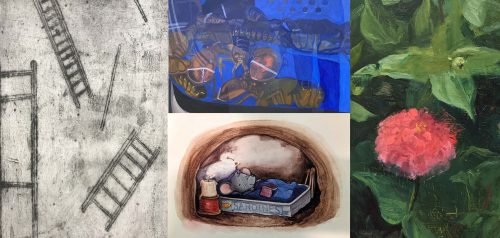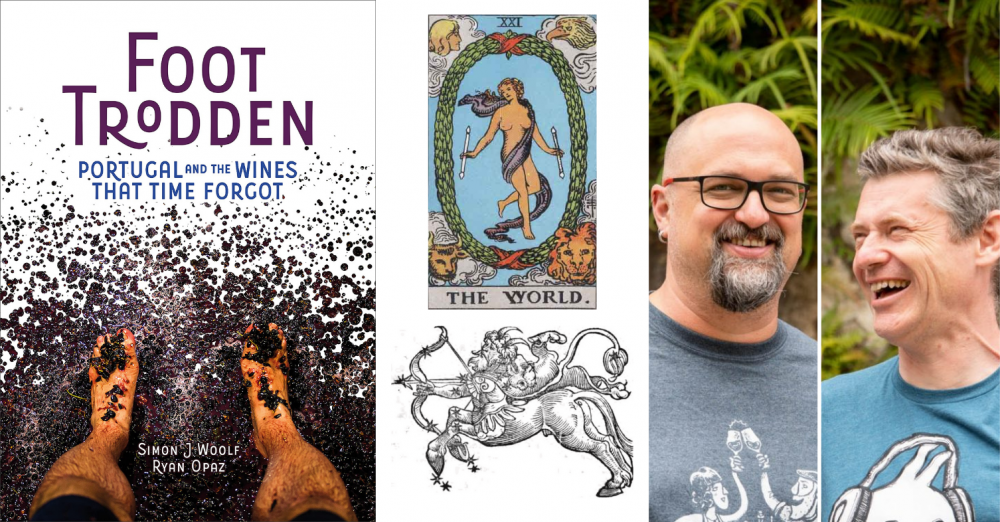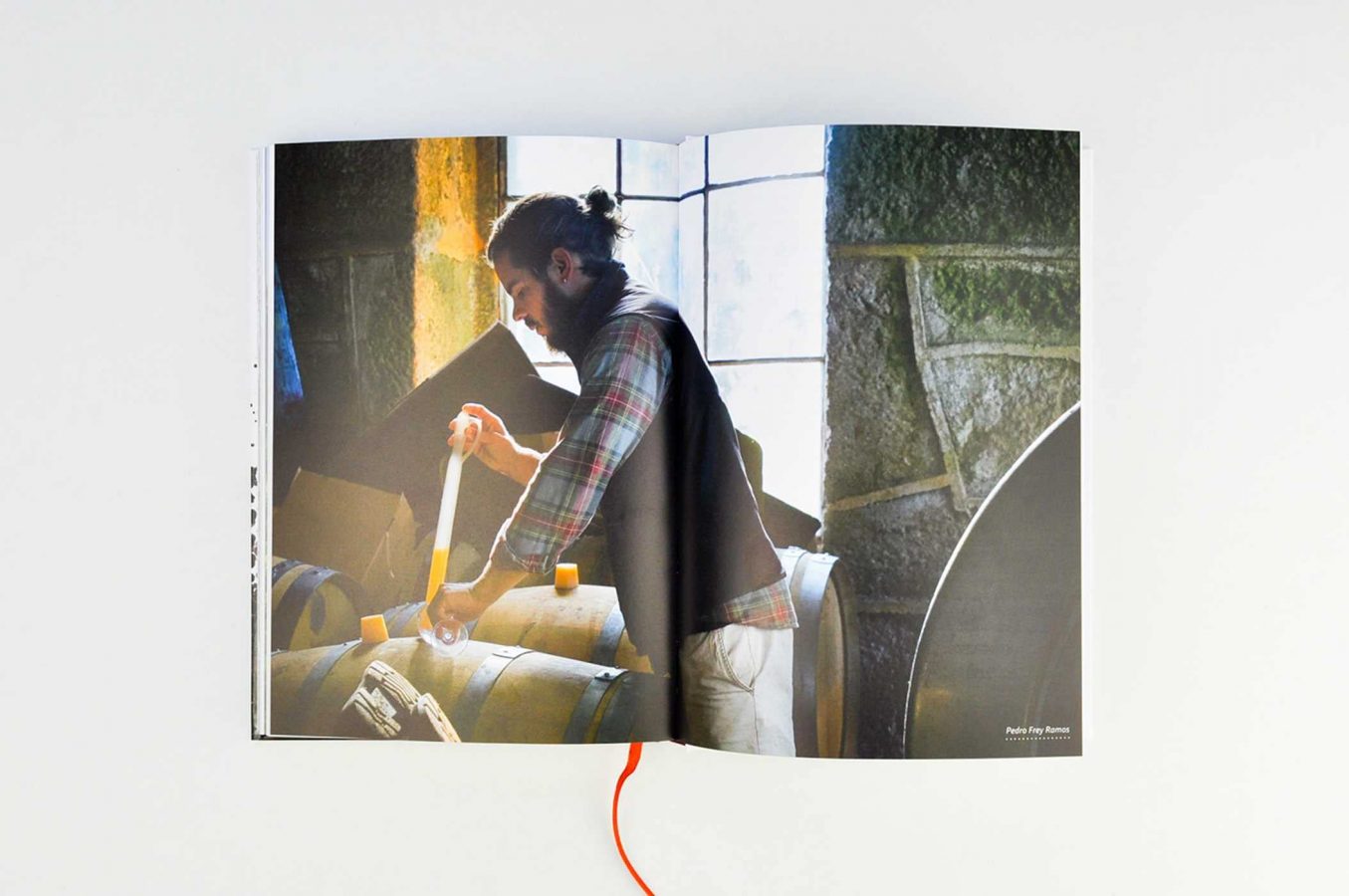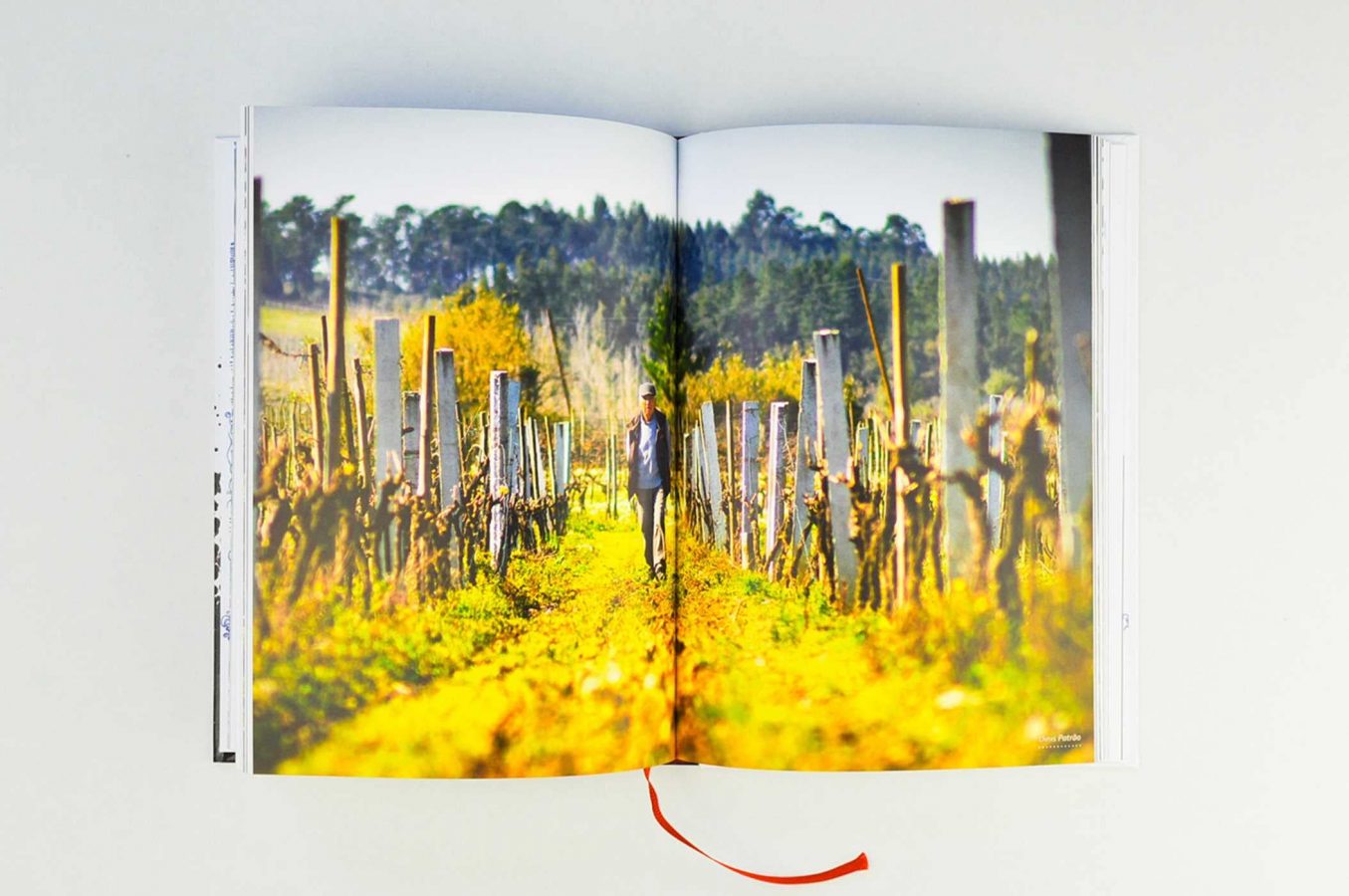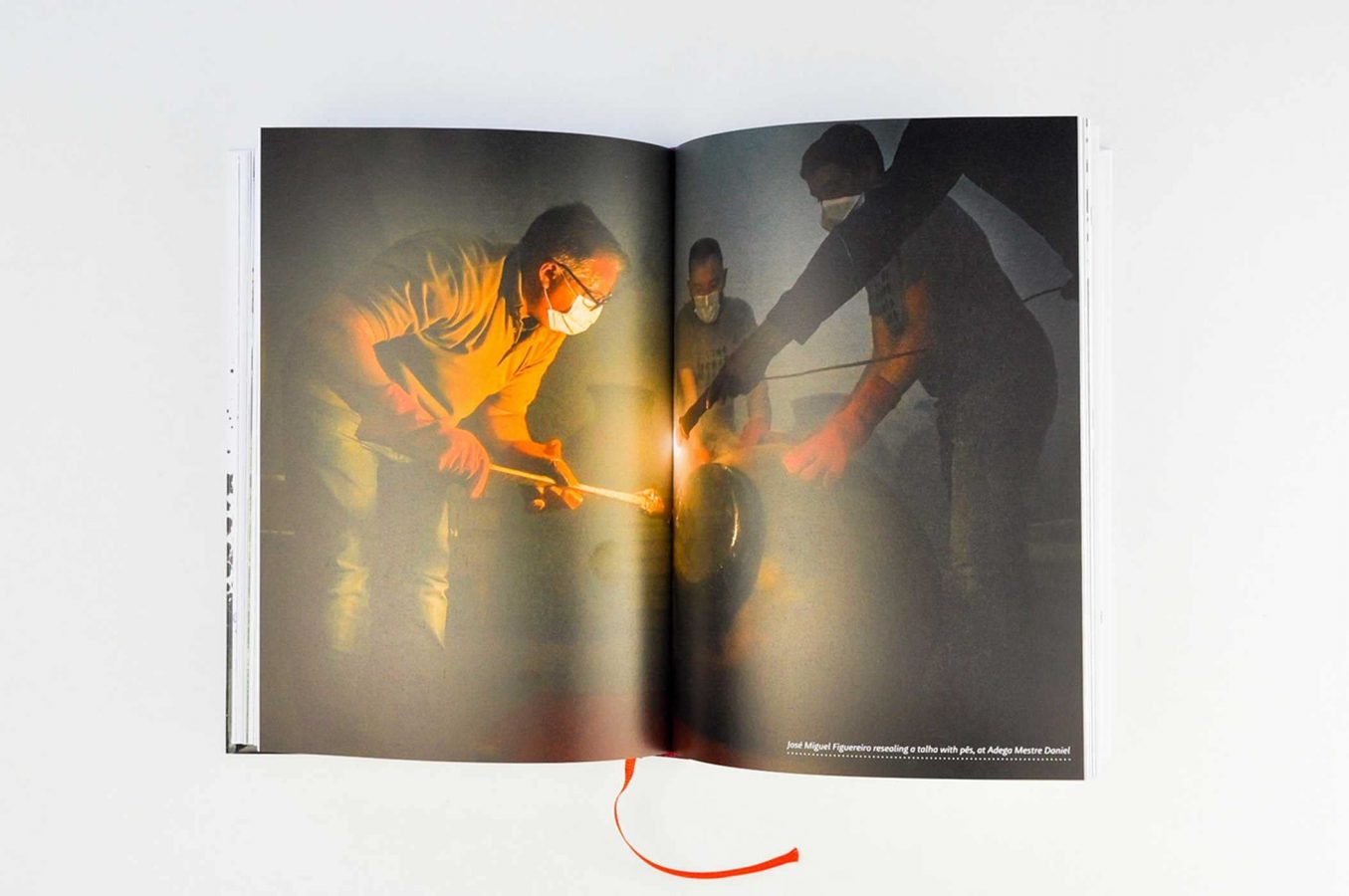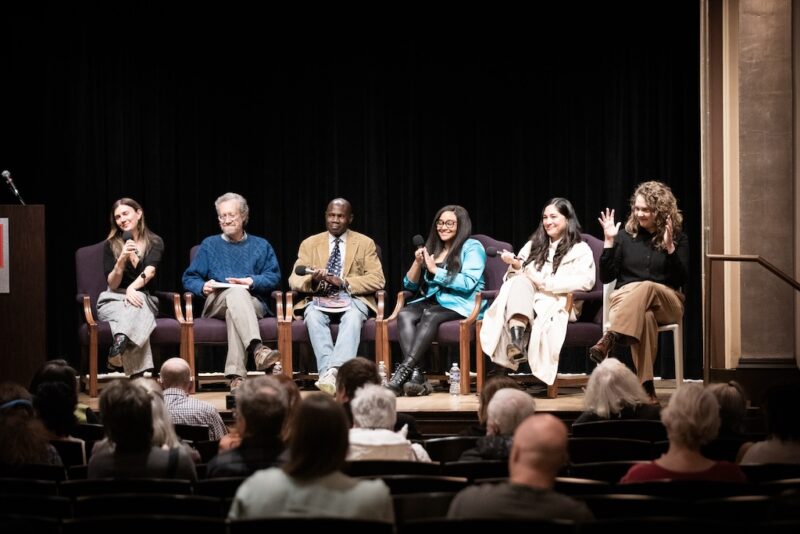Can you believe we’re at the end of another year? If you’re like me, it’s not sugarplum fairies, but thoughts of new years’ resolutions that dance in your head. And what a great time to start pondering them—this month’s astrological skies are fairly clear after December 4th’s solar eclipse in Sagittarius. It was the final eclipse on the Gemini/Sagittarius axis that has been happening for over a year and a half, signifying the ending of a cycle.
The Gemini full moon is on the way on the 18th, but most importantly Venus will retrograde on December 19 until January 29. My advice? Avoid making major grooming decisions, such as dyeing your hair pink or scheduling plastic surgery appointments, during this time. It’s smarter to wait and make plans to strike after the retrograde ends.
Late November to late December brings us goal-oriented Sagittarius season. If you haven’t heard all the bottles popping this December, you haven’t been listening. This sign, symbolized by the centaur, is always depicted holding a bow and arrow aimed at the sky. An archer is oh-so apropos for the fire sign that aims high with their lofty goals and, with the luck of their home planet Jupiter, usually accomplishes them.
These flexible and curious individuals are usually extroverts, not shy about communicating their expectations to their friends and partners. Sometimes you might be burned by their bluntness, but this is a small price to pay for their upbeat attitude. And don’t overlook their love of travel and learning. You might just find them backpacking across Bali or exploring sea coves in Aruba. They simply love exploring uncharted territory.
